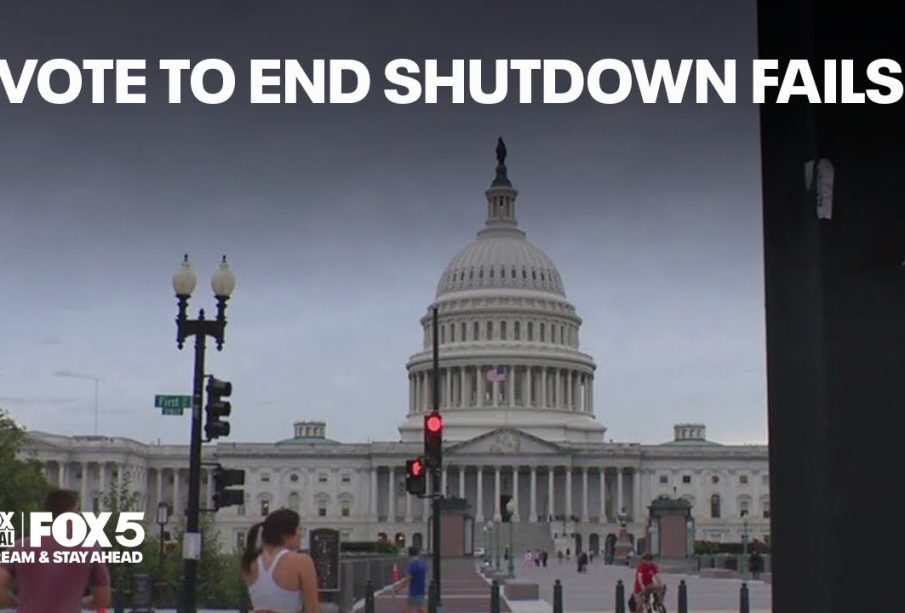Understanding Federal Government Shutdowns

Introduction
Federal government shutdowns are critical events that can halt numerous public services and impact millions of Americans. These shutdowns result from political impasses within Congress regarding budget approvals and funding measures. As the latest shutdown threat looms, understanding its causes and implications is more relevant than ever.
Recent Events Leading to Shutdown
As of October 2023, Washington faces a significant budget crisis, with lawmakers deadlocked over a proposed budget for the next fiscal year. The conflict primarily revolves around disagreements on spending levels, particularly regarding social programs and defence funding. With the deadline for budget approval approaching, senators and representatives are under immense pressure to reach a consensus.
Impact of Federal Shutdowns
The consequences of a federal government shutdown are wide-ranging. When the government shuts down, non-essential services come to a standstill, affecting national parks, museums, and various public bureaux. Moreover, federal employees are furloughed, resulting in lost wages for essential workers. According to the Office of Management and Budget, earlier shutdowns have cost the economy billions, hampering growth, disrupting services, and reducing consumer confidence.
Public Response and Political Implications
The public response to shutdowns is often one of frustration, as citizens feel the direct effects of decreased services. Recent polls indicate that a significant portion of the American public blames both parties for the inability to reach a compromise. Political analysts suggest that shutdowns can sway voter sentiment during elections, with parties perceived as ineffective often suffering during polling.
Looking Ahead
As discussions continue, lawmakers face the challenge of overcoming partisan divisions to prevent another extended shutdown. Should a compromise fail, experts predict that more severe economic repercussions may follow. Moving forward, it will be crucial for both parties to prioritise bipartisanship on fiscal matters to avoid the ramifications of shutdowns and ensure the government functions effectively for its citizens.
Conclusion
Federal government shutdowns, while politically contentious, have real effects on lives and the economy. As the U.S. navigates the complexities of budgetary discussions, the importance of finding common ground cannot be overstated. For the average citizen, understanding these processes and advocating for stable governance remains vital, especially in uncertain economic times.









